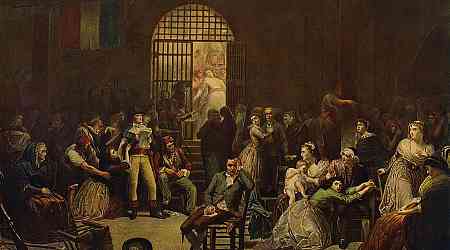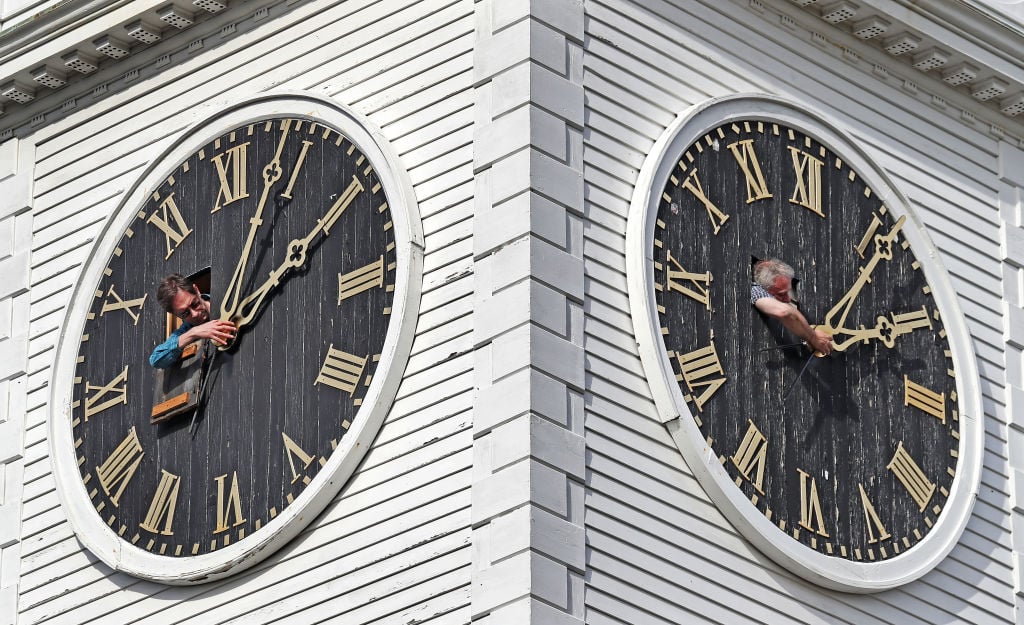
Why does the U.S. Use Daylight Saving Time?
Daylight Saving Time has been legally enforced in the U.S. on-and-off since 1918, when congress passed the Standard Time Act. The law set the boundaries for the various time zones in the U.S. The purpose of Daylight Saving Time is to maximize use of sunlight hours in the Northern hemisphere during the summer months, when the sun typically rises earlier.
[time-brightcove not-tgx=”true”]Read More: Is the U.S. Ending Daylight Saving Time?
When will Daylight Saving Time end this year?
Daylight Saving Time ends on the first Sunday of November every year. This year, it will end on Sunday, Nov. 3—meaning we will gain an hour of sleep. It will restart on Mar. 9 when the clocks spring forward.
Where is Daylight Saving Time observed?
Daylight Saving Time is implemented in all U.S. states except Arizona and Hawaii. Versions of Daylight Saving are also observed, or partially observed, in many other countries—including most of Europe, Mongolia, Australia, New Zealand, Egypt, Israel, Brazil, Chile, Paraguay, French Guiana, Cuba, and Haiti.
Why is Daylight Saving Time controversial?
Multiple legislators have attempted to make Daylight Saving Time permanent and halt the biannual practice of adjusting clocks back and forth. Researchers have observed an increase in traffic accidents, medical errors, heart attacks, and strokes on the days when the clocks change.
Senator Marco Rubio introduced the Sunshine Protection Act in 2022, which would make Daylight Saving permanent, even throughout the winter months. The bill passed unanimously in the Senate, but it has yet to be voted on in the House of Representatives.




























